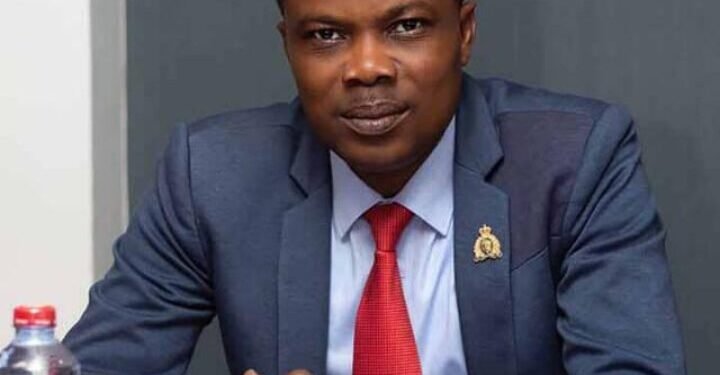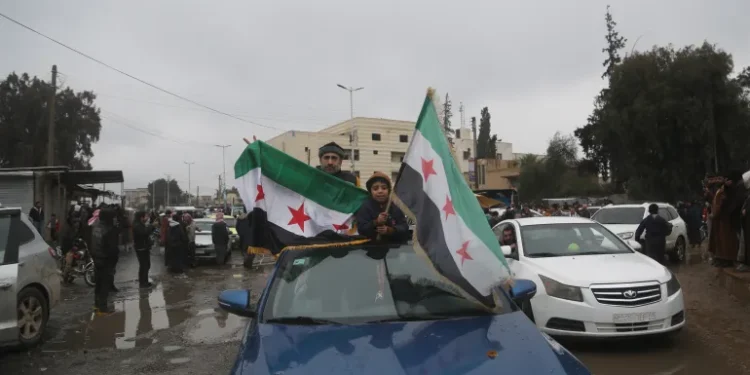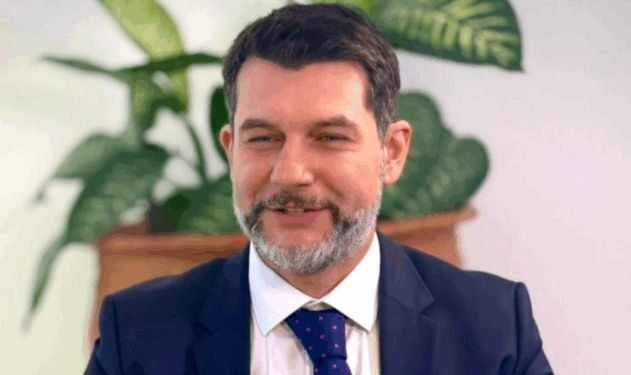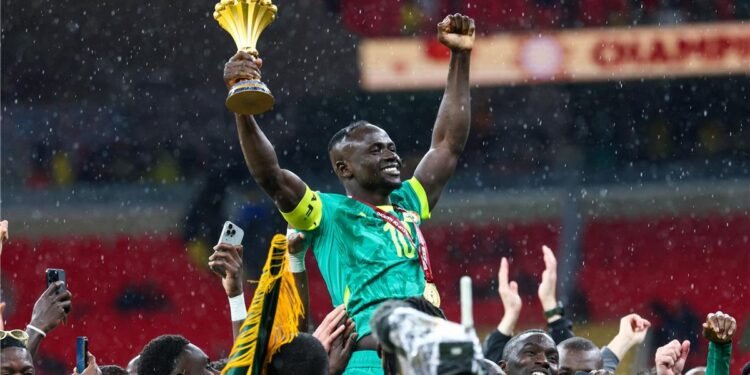Ghana’s path to economic stability has reached a crucial milestone with the receipt of a final Memorandum of Understanding (MoU) from its bilateral creditors concerning the restructuring of the nation’s debt.
This significant development follows extensive negotiations under the G20 Common Framework for Debt Treatments, aimed at alleviating the financial burden on the country.
The MoU, delivered through the Official Creditor Committee, marks the consensus of all 22 member countries involved. Each member nation has individually endorsed the proposed restructuring terms, reflecting a united front in addressing Ghana’s debt challenges. This collective agreement is pivotal for the next steps in the debt restructuring process.
The Ghanaian government is now tasked with reviewing the MoU and formalizing the agreement by signing it. However, the process could encounter delays if the government raises any objections to specific provisions within the document.
A thorough examination is crucial to ensure that the terms align with Ghana’s economic interests and long-term financial strategy.
Impact on IMF Programme and Financial Aid
The MoU’s successful execution is expected to significantly influence Ghana’s ongoing programme with the International Monetary Fund (IMF). The IMF’s Board is slated to review Ghana’s progress under the programme in June 2024.
A positive outcome from this review could unlock a disbursement of approximately $360 million by the end of June, providing a much-needed financial boost.
Abebe Aemro Selassie, Director of the African Department at the IMF, meanwhile, highlighted the importance of the MoU, noting that securing financing assurances from bilateral creditors is crucial for concluding the second review for Ghana. He emphasized that the assurances provided are substantial and should not impede the review process or the subsequent disbursement of funds.
Ghana’s journey towards debt restructuring gained momentum in January 2024, when it secured an “agreement in principle” with its bilateral creditors under the G20 Common Framework.
This initial agreement was instrumental in completing the first review under the IMF programme, leading to the disbursement of $600 million from the IMF and an additional $300 million from the World Bank under the Development Policy Operation Financing.
These funds have been vital in stabilizing Ghana’s economy and laying the groundwork for further negotiations. In April 2024, Finance Minister Dr. Mohammed Amin Adam announced during the IMF Spring Meetings in Washington DC that the Official Creditor Committee had shared a draft document on the debt restructuring with its members for consideration. This draft has now culminated in the final MoU, which is poised for government approval.
Statements from IMF Leadership
The IMF’s leadership has been vocal about the progress made in Ghana’s debt restructuring efforts. Kristalina Georgieva, Managing Director of the IMF, during a visit to Ghana later this year, commended the country for its advancements in negotiations with bilateral creditors.
Kristalina Georgieva noted that Ghana is “in a good place” due to the tangible progress towards finalizing the MoU. Georgieva’s comments underscore the IMF’s support and optimism for Ghana’s economic recovery through structured debt management.
The receipt of the MoU from bilateral creditors represents a significant step in Ghana’s efforts to restructure its debt and stabilize its economy. The government’s review and subsequent signing of the MoU are critical to ensuring that the terms are favorable and aligned with Ghana’s financial goals.
With the potential for a significant IMF disbursement hinging on this agreement, the stakes are high. Successful debt restructuring could pave the way for sustained economic growth and stability, reinforcing Ghana’s commitment to prudent financial management and international cooperation.
READ ALSO: Government Urged to Leverage Local Rice Production to Revitalize Economy























